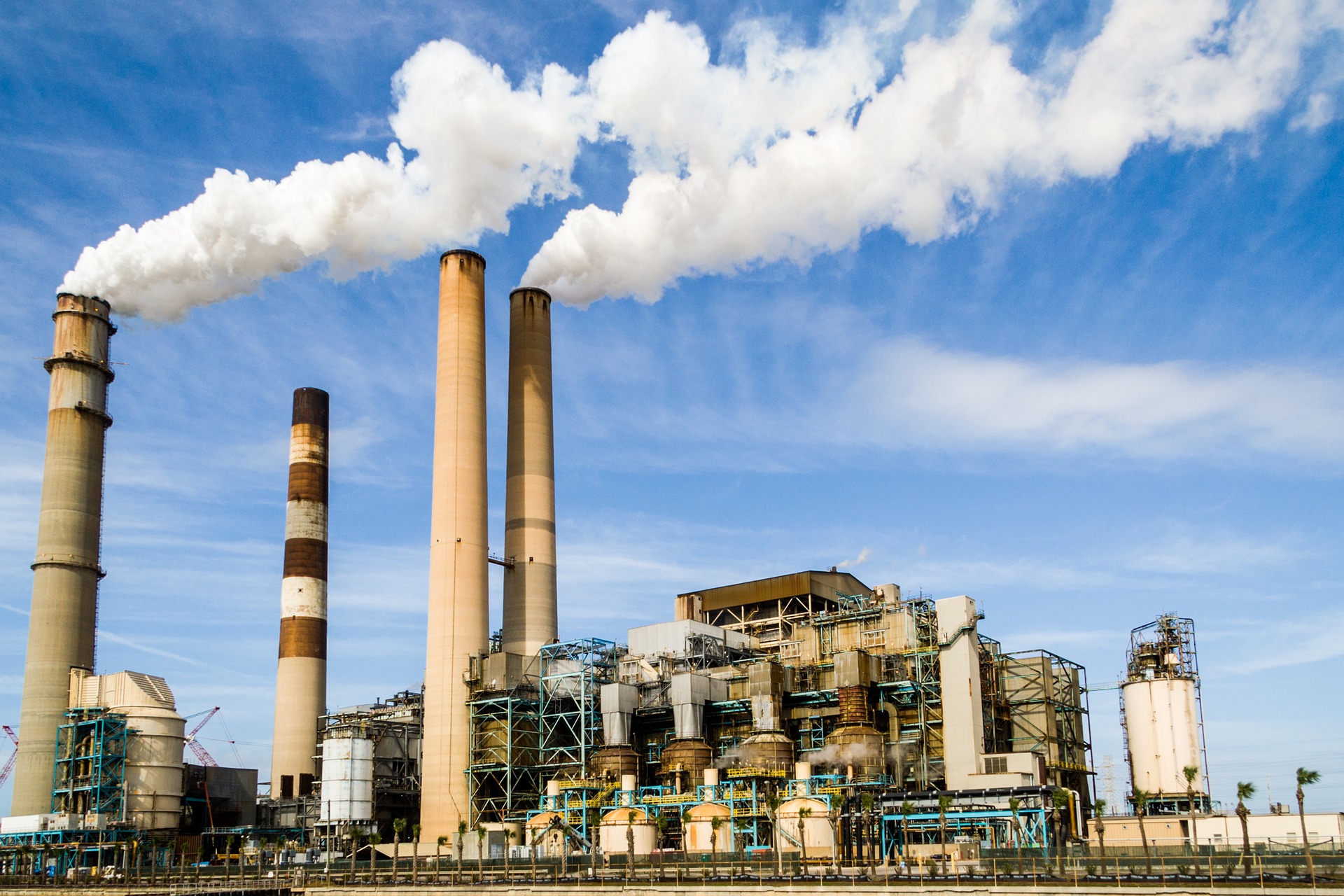
HARRISBURG, PA (November 22, 2023) On November 21, Governor Shapiro announced his decision to appeal the November 1 Commonwealth Court decision that declared the Regional Greenhouse Gas Initiative (RGGI) to be unconstitutional.
RGGI is a program established in 2005 that requires regulated power plants to acquire allowances for the carbon emissions they produce. Within the currently-participating states, RGGI reduces emissions from fossil fuel power plants and funds climate change initiatives with the collected fees. Proceeds from the program in Pennsylvania would go to the state’s Clean Air Fund, which can then be put towards efforts that reduce air pollution. By not implementing RGGI, Pennsylvania has already missed out on over $1 billion dollars in RGGI proceeds since January 2022 that would have gone towards air pollution reduction programs.
Executive Director and Chief Counsel, Joseph Otis Minott, Esq. issued the following statement:
“As the nation’s fourth largest emitter of carbon dioxide, Pennsylvania needs RGGI, an effective cap-and-invest program, to advance a commonsense energy plan that cuts climate pollution and ensures an equitable energy transition and the jobs that come with it. The Governor’s appeal gives us a crucial chance to participate in this program and secure a clean energy economy for Pennsylvania. The Governor’s diverse RGGI stakeholder group reached the consensus that such a cap and trade program for the power sector would be critical for generating the funds needed to support the state’s clean energy transition. RGGI is the clear choice for meeting the working group’s goals and Governor Shapiro’s criteria of supporting climate action, clean energy job creation, public health protection, and energy affordability.”

HARRISBURG, PA (July 8, 2022) – Today, the Commonwealth Court of Pennsylvania granted a preliminary injunction halting the carbon budget and trading rule that allows Pennsylvania to participate in the Regional Greenhouse Gas Initiative, or RGGI. This cap-and-invest system would reduce carbon pollution from Pennsylvania’s power plants by up to 227 million tons by 2030, according to the Department of Environmental Protection, as well as add $2 billion to our Gross Domestic Product and 30,000 jobs to our economy. This delay threatens to derail critically-needed investment to address climate change and reduce air pollution across the state.
The following reaction is from PennFuture Senior Attorney Jessica O’Neill, lead attorney for PennFuture, Clean Air Council, Sierra Club, Environmental Defense Fund, and Natural Resources Defense Council:
“While only temporary, the court’s decision is yet another roadblock and stalling tactic from RGGI opponents.The impact that RGGI will have on the health, safety, and welfare of our members, our climate, and our environment cannot be overstated. Simply put, RGGI will save lives, create jobs, and lower Pennsylvania’s carbon footprint at a time when we need it most.
“We expect the Department of Environmental Protection to appeal today’s ruling, which means the Supreme Court will have the opportunity to reinstate the RGGI rule. It doesn’t stop here – we will continue to fight. We eagerly anticipate our next opportunity to defend this rule, which will unquestionably save lives by improving air quality and is necessary to cut Pennsylvania’s significant carbon footprint from the power sector.”
On June 28, the Commonwealth Court also denied the environmental groups’ request to intervene in the lawsuits. Ms. O’Neill, on behalf of the organizations, issued the following statement regarding the denial of their intervention in these critical cases:
“By denying our organizations the ability to participate in RGGI litigation, our important environmental interests have been improperly ignored by the Commonwealth Court. We have been working for years to advance necessary regulations to reduce carbon emissions in Pennsylvania, and RGGI is a critical component to reach our goal of net-zero carbon emissions by 2050. We are exploring all options in relation to the denial of our right to participate in these matters and will continue to fight for Pennsylvania’s carbon budget and trade rule and for our constitutional right to clean air.”
The legal challenges to Pennsylvania’s RGGI rule still remain before the Commonwealth Court in McDonnell v. PA Legis. Review Bd. (41 MD 2022) and Bowfin, et al. v. PA Dept. of Envir. Protection (247 MD 2022).

